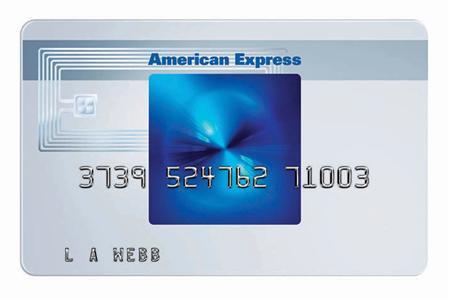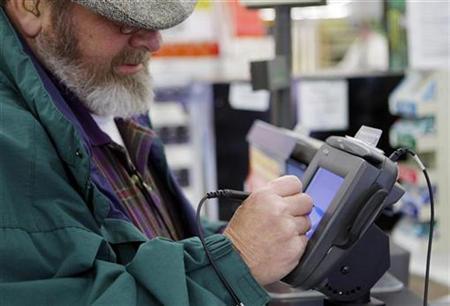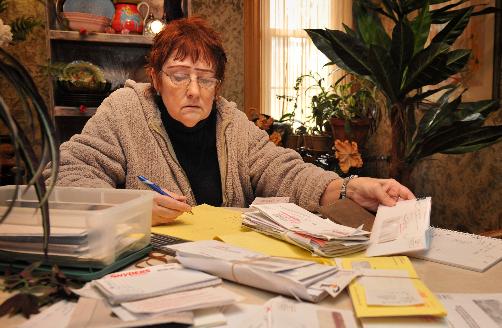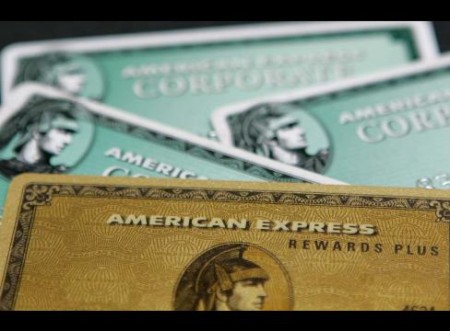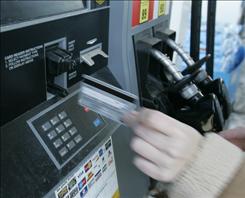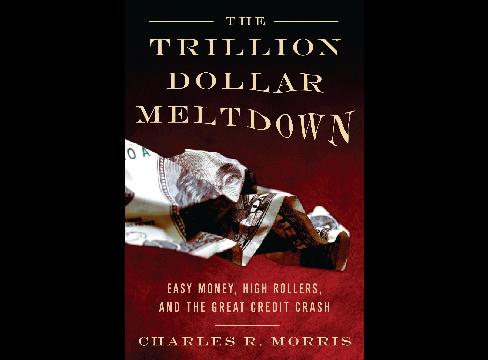
The Dollar will be destroyed.
There will be a controlled collapse of the stock market and the economy.
Then there will be no more objections to a cashless totally controlled and monitored society anymore:
First the debit card and then the implanted microchip, that by the way causes cancer and opens the door to control your thoughts, feelings and behavior. This is the ultimate Mind Control.
That’s how it is all planned by the elite. This is called the New World Order. – The Infinite Unknown
Related articles:
– CASPIAN RELEASES MICROCHIP CANCER REPORT
– The Microchip: Health, Privacy, Civil Rights And Freedom Under Siege
U.K. to Begin Microchipping Prisoners
– Met Police officers to be ‘microchipped’ by top brass in Big Brother style tracking scheme
Every single Metropolitan police officer will be ‘microchipped’….
…there will not be any choice about wearing one.
– UK: Compulsory microchipping of dogs
– U.S. School District to Begin Microchipping Students
So far the RFID chips are only implanted in the schoolbag to monitor the students movements.
– The Microchip is here !!! – New World Order
Elites Seek Control Over Rising Cashless Society
Source: Rogue Government
06-24-2008
Lee Rogers
The terrorists in the federal government are continuing their push to implement a cashless economic enslavement system. According to a legislative notice from the U.S. Senate, a new Housing Bill (HR 3221) contains a provision that will require nearly every online credit card transaction to be reported directly to the Internal Revenue Service. The insanity of this is obvious and it is nothing more than a way to give the government a means to track and trace as many private transactions as humanly possible. Previously, Visa’s CEO has stated that it is their goal to establish a cashless society by the year 2012. As technology increases, a greater number of businesses are accepting credit card payments. It wasn’t too long ago that fast food restaurants wouldn’t accept anything but cash for payment, now almost all of them accept credit cards. We are also starting to see biometrics utilized as a way to facilitate transactions. The bottom line is that there is an agenda at play to setup a cashless system that will allow the elite to take total control over the global economy. These people want to eliminate privacy in mutual exchanges and this is another step in doing just that.
The following is taken off of the legislative notice from the U.S. Senate Bill summary describing this draconian reporting scheme within HR 3221.
The proposal requires information reporting on payment card and third party network transactions. Payment settlement entities, including merchant acquiring banks and third party settlement organizations, or third party payment facilitators acting on their behalf, will be required to report the annual gross amount of reportable transactions to the IRS and to the participating payee. Reportable transactions include any payment card transaction and any third party network transaction. Participating payees include persons who accept a payment card as payment and third party networks who accept payment from a third party settlement organization in settlement of transactions. A payment card means any card issued pursuant to an agreement or arrangement which provides for standards and mechanisms for settling the transactions. Use of an account number or other indicia associated with a payment card will be treated in the same manner as a payment card. A de minimis exception for transactions of $10,000 or less and 200 transactions or less applies to payments by third party settlement organizations. The proposal applies to returns for calendar years beginning after December 31, 2010. Back-up withholding provisions apply to amounts paid after December 31, 2011. This proposal is estimated to raise $9.802 billion over ten years.
Groups like Freedomworks and companies like EBay have already come out denouncing this provision. The bottom line is that the federal government has no right to demand this type of information. Not only that, but how does the IRS intend on securing this information that they are going to collect from all of these online transactions? The whole concept is ridiculous and an obvious invasion of privacy. This is just another control mechanism that is being put in place so the establishment can eventually have the capabilities to track and trace every single electronic transaction. Clearly, a totalitarian big brother system is being put into place, and these criminals in Washington DC are just trying to take it to another level by hiding this provision in a 600+ page bill. It is a disgrace.
A few months ago, Elliot Spitzer the former New York Governor was forced out because his financial transactions were tracked back to the purchase of prostitution services. The banks already have the ability to track and trace transactions with impunity. This provision will centralize control to track and trace almost all electronic financial transactions and that is not a good thing.
It is unfortunate that we have a bunch of control freak Nazis that want to do these things, but this is the agenda. The modern day priest class that is in control seeks the total destruction of economic privacy and they are doing an excellent job at doing just that. They’ve managed to get everybody addicted to this cashless society and now they are bringing in the enslavement apparatus to track and trace activity within it. At first all transactions will be conducted using credit and debit cards, then it will be by way of biometrics, then it will be an implantable microchip. Or who knows, maybe they’ll just skip biometrics and go directly to an implantable microchip. Either way, the agenda is painfully clear, and it is completely unacceptable. Hopefully this legislation will get defeated, but we shouldn’t be holding our breath either. HR 3221 looks to be on the fast track to getting signed into law.
Much more powerful than power is love.
Power guided by love would create an enlightened society, instead of the ultimate tyranny.
It is very important that…
…”No problem can be solved from the same level of consciousness that created it.” – Albert Einstein
The Infinite Unknown
June 25, 2008
